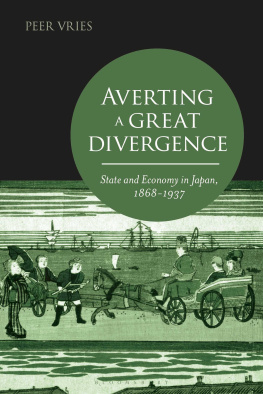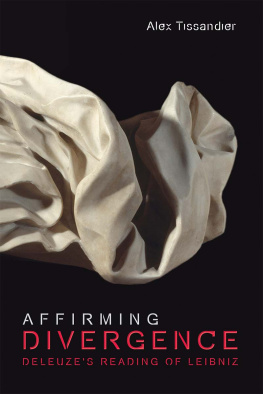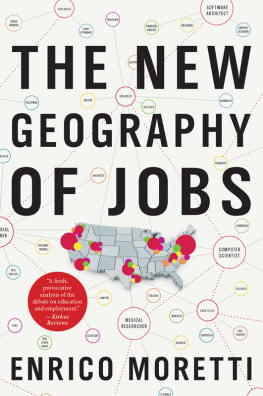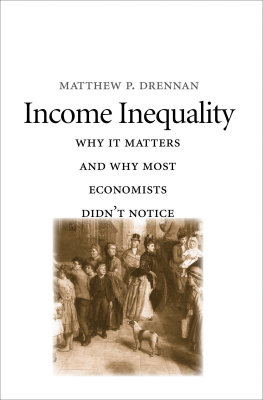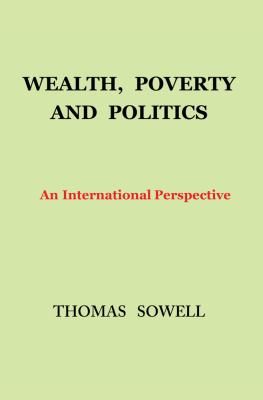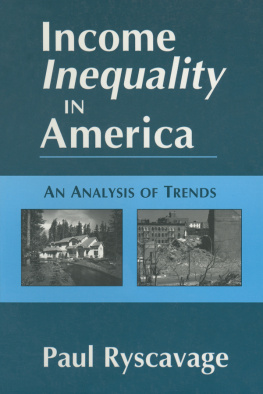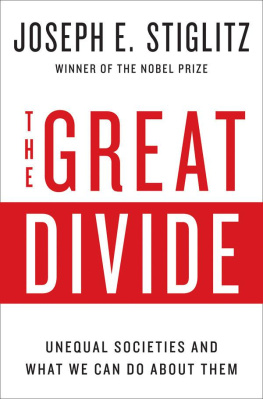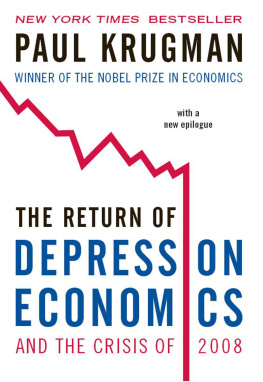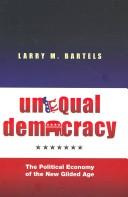THE GREAT DIVERGENCE
AMERICAS GROWING INEQUALITY CRISIS
AND WHAT WE CAN DO ABOUT IT
TIMOTHY NOAH
ILLUSTRATIONS BY CATHERINE MULBRANDON

Copyright 2012 by Timothy Noah
Illustrations copyright 2012 by Catherine Mulbrandon
This electronic edition published in April 2012
All rights reserved.
No part of this book may be used or reproduced in any manner
whatsoever without written permission from the publisher except in the case of
brief quotations embodied in critical articles or reviews. For information address
Bloomsbury Press, 175 Fifth Avenue, New York, NY 10010.
Published by Bloomsbury Press, New York
LIBRARY OF CONGRESS CATALOGING-IN-PUBLICATION DATA
Noah, Timothy.
The great divergence : Americas growing inequality crisis and what we can do
about it / Timothy Noah.1st U.S. ed.
p. cm.
ISBN: 978-1-60819-634-0
1. Income distributionUnited States. 2. WealthUnited States.
3. PovertyUnited States. 4. EqualityUnited States. 5. United StatesEconomic conditions.
6. United StatesEconomic policy. I. Title.
HC110.I5N63 2012
339.220973dc23
2011048447
First U.S. edition 2012
www.bloomsburypress.com
For Robert and Marian Noah
Contents
The fact is that income inequality is real;
its been rising for more than twenty-five years.
President George W. Bush, January 2007
DURING THE PAST THIRTY-THREE YEARS the difference in America between being rich and being middle class became much more pronounced. People with high incomes consumed an ever-larger share of the nations total income, while people in the middle saw their share shrink. For most of this time the phenomenon attracted little attention from the general public and the press because it occurred in increments over one third of a century. During the previous five decadesfrom the early 1930s through most of the 1970sthe precise opposite had occurred. The share of the nations income that went to the wealthy had either shrunk or remained stable. At the first signs, during the early 1980s, that this was no longer happening, economists figured they were witnessing a fluke, an inexplicable but temporary phenomenon, or perhaps an artifact of faulty statistics. But they werent. A democratization of incomes that Americans had long taken for granted as a happy fact of modern life was reversing itself. Eventually it was the steady growth in income inequality that Americans took for granted. The divergent fortunes of the rich and the middle class became such a fact of everyday life that people seldom noticed it, except perhaps to observe now and then with a shrug that life was unfair.
There were signs that this indifference was beginning to evaporate in the fall of 2011, when protestors turned up on Wall Street waving signs that said WE ARE THE BOTTOM 99 PERCENT. As I write, its too early to say whether the Occupy Wall Street movement will have any lasting positive effect, but certainly the topic is becoming more difficult to ignore.
I am 21 and scared of what the future will bring, read one testimonial posted online by a protester. I work full time with no benefits and I am actively looking for a second job, because I am barely making it. I worry every month that I will not be able to afford rent. I am afraid of what will happen if I get sick. I am afraid I will never be able to go back to school. Another read: My parents have worked hard their entire lives as small business owners. In hard times they ALWAYS paid their employees before themselves. They would like to retire soon, but cant afford to stay in the modest ranch house they have lived in for 35 years. We are currently making renovations to our house so they can move in and avoid Section 8 [low-income] housing. The day before these statements appeared on the Web, the New York Times evaluated for its more affluent readers the pluses and minuses of Kohlers new $6,400 luxury Numi toilet, which featured two flushing modes, an automatically rising toilet lid, and stereophonic sound.
We tend to think of the United States as a place that has grown more equal over time, not less, and in the most obvious ways thats true. When the republic was founded, African Americans were still held in bondage and were defined in the Constitution as representing three fifths of a human being. Only adult white male property owners could vote. Over the next two centuries full citizenship rights were extended gradually to people who didnt own property, to blacks, to women, and to Native Americans. In recent years, gay activists have fought at the state level for the right to same-sex marriage, and theyve prevailed, at this writing, in six states and the District of Columbia. It seems just a matter of time before this right is extended in the rest of the country. Difficult to enforce, the principle that all men and women are equal before the law is even more difficult to refute. All the groups mentioned here experienced setbacks in their pursuit of legal equality, some lasting as long as a century. Few people belonging to any of these groups would argue that this pursuit ends with the removal of explicit legal barriers. Still, most would likely agree that over the long haul legal obstacles to full and equal participation in American life tend to diminish.
It was once possible to make a similar argument with respect to economic obstacles. As late as 1979, the prevailing view among economists was that incomes in any advanced industrial democracy would inevitably become more equal or remain stable in their distribution. They certainly wouldnt become more unequal. That sorry fate was reserved for societies at an earlier stage of development or where the dictatorial powers of the state preserved privilege for the few at the expense of the many. In civilized, mature, and free nations, the gaps between rich, middle class, and poor did not increase.
That seemed the logical lesson to draw from U.S. history. The countrys transformation from an agrarian society to an industrial one during the late nineteenth and early twentieth centuries had created a period of extreme economic inequalityone whose ramifications can still be glimpsed by, say, pairing a visit to George Vanderbilts 125,000-acre Biltmore Estate in Ashville, North Carolina, with a trip to the Tenement Museum on Manhattans Lower East Side. But from the early 1930s through the early 1970s, incomes became more equal, and remained so, while the industrial economy lost none of its rude vitality. As the 1970s progressed, that vitality diminished, but income distribution remained unchanged. As measured in the official data, the Princeton economist Alan Blinder wrote in 1980, income inequality was just about the same in 1977 as it was in 1947. What Blinder couldnt know (because he didnt have more recent data) was that this was already beginning to change. Starting in 1979, incomes once again began to grow unequal. When the economy recovered in 1983, incomes grew even more unequal. They have continued growing more unequal to this day.
The United States is not the only advanced industrialized democracy where incomes have become more unequal in recent decades. The trend is global. A 2008 report by the Organisation for Economic Co-operation and Development, which represents thirty-four market-oriented democracies, concluded that since the mid-1980s, income inequality had increased in two thirds of the twenty-four OECD countries for which data were available, which included most of the worlds leading industrial democracies. But the level and growth rate of income inequality in the United States has been particularly extreme.


